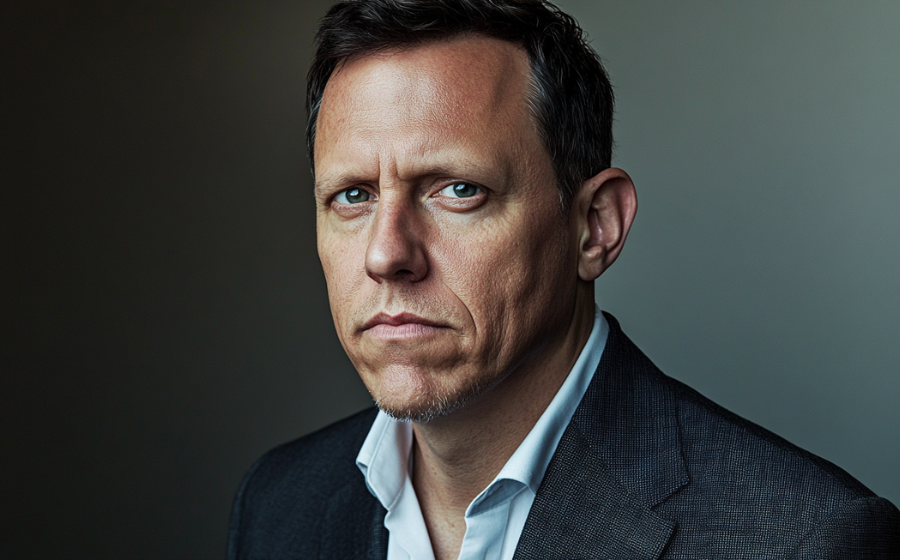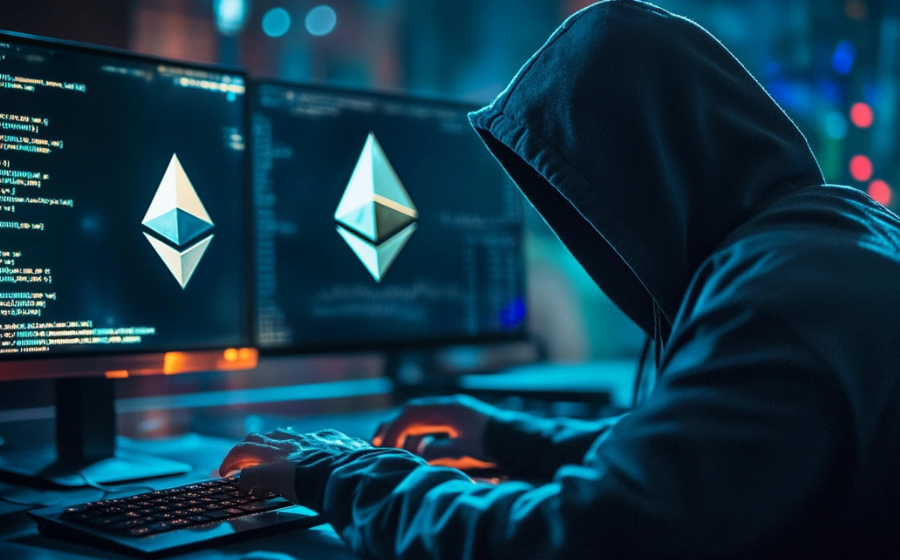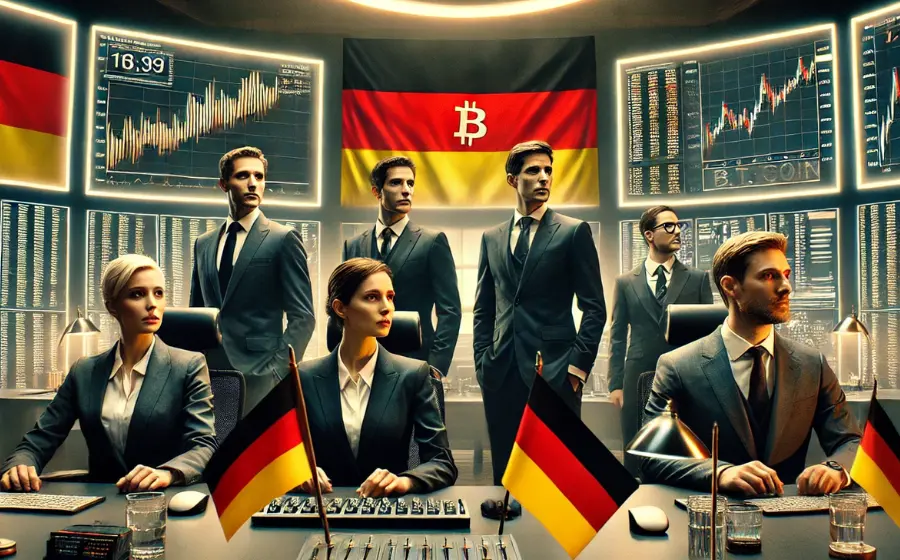
KEYTAKEAWAYS
- Thiel equates Bitcoin's revolutionary potential to the internet in 1999, suggesting it's systematically underestimated despite its potential to transform finance and technology.
- Cryptocurrency embodies decentralization, aligning with libertarian values. Thiel contrasts this with AI's centralized nature, highlighting crypto's potential to redistribute financial power.
- While optimistic about crypto's future, Thiel acknowledges significant regulatory and adoption challenges. Success depends on effectively navigating these hurdles in the coming years.

CONTENT
Peter Thiel compares crypto to early internet, highlighting its revolutionary potential. He discusses its decentralized nature, contrasts with AI, and addresses future challenges in regulation and adoption.
In a recent podcast interview, tech mogul and venture capitalist Peter Thiel shared his insights on cryptocurrency, comparing its revolutionary potential to that of the internet in its early days. Thiel’s remarks paint a picture of crypto as a transformative technology with the power to reshape the financial landscape, albeit one facing significant challenges.
BITCOIN: THE UNDERESTIMATED REVOLUTION
Thiel boldly compared Bitcoin to the internet of 1999, describing it as a “big invention” that has been systematically underestimated. Despite initial dismissals, Bitcoin’s growth trajectory suggests it’s a major development in finance and technology. Thiel’s comparison underscores his belief in Bitcoin’s long-term potential, implying that like the internet, it may fundamentally alter how we conduct transactions and store value.
>> Also read:
- How to Buy Bitcoin Safely on Bitget in 2024: A Step-by-Step Guide
- What is Bitcoin: A Comprehensive Overview
CRYPTOCURRENCY: THE DECENTRALIZED ALTERNATIVE
A key theme in Thiel’s discussion was the decentralized nature of cryptocurrency. He emphasized that unlike many tech innovations, crypto can be effectively developed and managed outside major tech hubs, aligning with its core decentralized ethos. This aspect of cryptocurrency resonates with Thiel’s libertarian philosophy, as he sees it as a means to distribute power away from traditional financial centers.
Thiel noted that the tech industry’s narrative in 2021, especially during the COVID-19 pandemic, heavily focused on cryptocurrency. He highlighted crypto’s potential to move beyond centralized hubs like California, reflecting its inherent decentralized nature. This perspective underscores Thiel’s belief in crypto’s capacity to challenge traditional centralized financial systems and promote individual autonomy.
>> Also read:
CRYPTO VS. AI: A PHILOSOPHICAL DIVIDE
In a striking comparison, Thiel contrasted cryptocurrency with artificial intelligence (AI). He described crypto as libertarian due to its decentralized nature, while characterizing AI as potentially “communist” because of its centralization and dominance by large tech companies. This comparison reflects Thiel’s broader concerns about the concentration of power in the tech industry and his preference for decentralized systems that align with libertarian values.
>> Also read:
CHALLENGES AND FUTURE PROSPECTS
While optimistic about crypto’s future, Thiel also acknowledged the significant challenges it faces, particularly in terms of regulation and adoption. He suggested that the ultimate success of cryptocurrency will depend on how well it can navigate these challenges. Thiel’s balanced perspective recognizes the obstacles crypto must overcome, especially in gaining widespread acceptance and avoiding regulatory pitfalls. However, his overall tone remains one of cautious optimism, believing in crypto’s ability to disrupt traditional financial systems.
CONCLUSION
Peter Thiel’s insights offer a nuanced view of cryptocurrency’s place in the tech and financial landscapes. He sees it as a potentially revolutionary force, comparable to the early internet, with the power to decentralize financial systems and promote individual autonomy. However, Thiel also recognizes the significant hurdles crypto faces, particularly in terms of regulation and widespread adoption.
As the cryptocurrency space continues to evolve, Thiel’s perspectives provide valuable food for thought for investors, technologists, and policymakers alike. Whether crypto will fulfill its revolutionary potential remains to be seen, but Thiel’s comments suggest that its impact on the financial world is far from over.
















